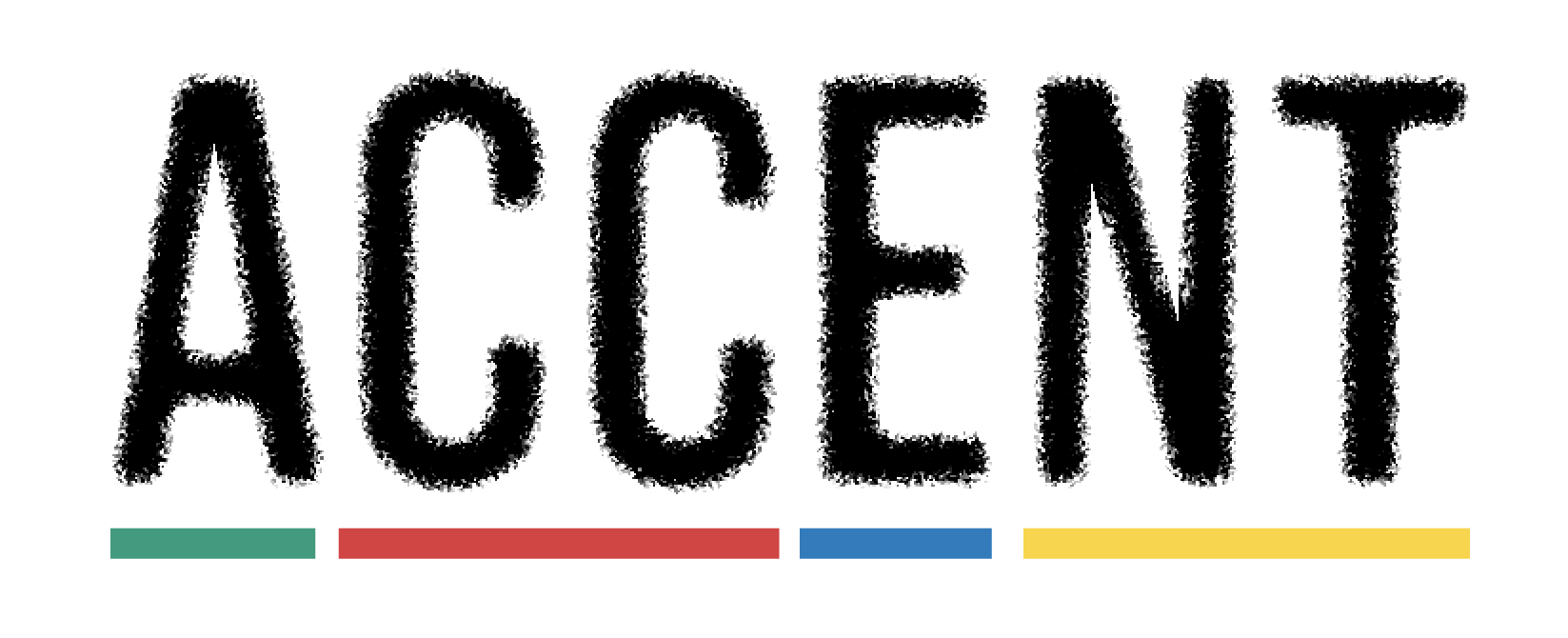While the freedom of speech is one major medium for students to actively use their voice, they can also consider their freedom of the press, a road that seems to be less traveled on. Student journalism is something that students might want to keep an eye out for or get involved in.
Written, photos & video by Ruben Hernadez
Throughout history, many people have taken a stand for their beliefs. Peaceful protests, assemblies, and petitions are all examples of ways that people have made the first steps towards starting a movement in favor of a change. We are able to take these steps because of the first amendment of the U.S. Constitution.
“There are many key areas that we can benefit from within the first amendment,” Journalism Professor Paul Brown said. “As somebody involved in journalism, I’m focused on freedom of the press and freedom of speech. Of course, you also have freedom of religion, freedom of assembly and the right to petition.”
While most citizens of the United States know the amendment itself, there seem to be some misconceptions on some of its entitlements. In regards to freedom of speech, some envision the cliché protest yells and chants.
“You can certainly go to the south steps of the Capital or be in front of a government building and be a part of a grand assembly,” Brown said. “You can chant and express yourself with signs, but with the use of social media you can utilize this right in an easier manner. Just by having a Twitter or Facebook account with X amount of followers, you have the potential to spread your message even further.”
The internet has evolved into our lives, more so now than ever before. Since the early 2000s, net neutrality has grown into a heated topic that is now in the government’s hands. Net neutrality raises many concerns among the American people, one is having an “open” or “closed” internet. This past December, Congress was set to vote on the Congressional Review Act, which could overturn the FCC’s repeal of the net neutrality rules set in 2015.
Utilization of the first amendment doesn’t have to be exclusive towards people outside of universities and colleges. We learn about our basic civil rights through the education system in our history and government classes, to know and understand them as we grow. These teach us the boundaries that we, as Americans, can legally live our lives in the U.S.
Student Government Association Director of Communications Lauren Ashlee said, “students need to know that if we don’t like something – if it’s negatively affecting us and [we] need help with a situation – we need to be able to use our voice. This applies to when we need to protest something, write news articles, or when we need to use media to get out the information when we feel like we’re being ignored.”
Freedom of speech often extends to freedom of the press. In the current political climate, media has taken heat for certain publications and questions. Fake news has been on the rise, according to President Donald Trump. However, according to Yahoo’s Daily Digit, trust in the American media by its citizens has seen an increase since 2016. It also states that 84% of Americans believe media to be “critical” for our democracy. Student journalism is something that students might want to keep an eye out for or get involved in.
“We’re the boss of the government, the government is not the boss of us,” Brown said. “We want to make sure they’re doing the right thing we feel is the right thing for them to do. So, we need young people, especially in today’s digital age, where it is easy to get lost in the sea of journalism from all directions, to be the future leaders in this industry. Understanding the concepts of journalism now will help the industry thrive, but it all starts with student journalism.”
Since 2016, the amount of journalism degrees being earned is on the decline. However, students continue to be involved in their high school and college media outlets,f they exist, to share the opinions and views of other students.
The reason I think it is important for students to study journalism is because it’s the future of journalism,” Brown said. “We need to have journalists to conduct our democracy. That’s what the founding fathers envisioned; essentially an unofficial fourth branch of government to make sure that those who are in power are always beholden to us.”
There also may be students who want to voice their own thoughts and take action. Luckily, there are plenty of ways to do that; and it can start with those around you.
“Listen to your peers,” says Ashlee. “If you have a concern, get two or three of your peers and see what they have to say about it, especially if you don’t want to join an organization and don’t know where to start. Talk to a professor, for example, and see if they can lead you to a higher power.”
When it comes to issues at ACC, the Student Government Association (SGA) can act as a voice for the student body. Many may think that SGA is strictly political, that is not the case.
“SGA is the border between the student body and the board of trustees,” Ashlee said. “We are the middleman, we see the struggles and needs of the students and see how we can make our school better. We always try to see how the student council can better serve the students.”
The first amendment has stayed constant through different time periods since the passing of the U.S. Constitution. While times have changed, through a variety of eras and development of technology, the first amendment has never failed to be consistent.
“The first amendment is there for us to fall back on regardless of what era we’re in,” Brown said. “Of course, we’re in the digital era with smartphones and social media. The founding fathers could have never envisioned this, but they did envision the idea of the government’s ability to be flexible in letting the people express themselves in a democracy.”
While the first amendment is an outlet for many people to express themselves, we can also vote to have our voices heard. In the midterm 2018 elections, people were encouraged to vote for the change they wanted; whether it’s a vote or a speech given, there’s no one way to have your voice heard.
“If you don’t vote as a millennial in 2018, it’s not a big issue,” Ashlee said. “Just know that there is an older person that has different political views than you do that is going to vote. They will be your voice because you didn’t vote. If you don’t vote, someone else will do it for you. If you want your voice heard, do your research.”
While voting is separate from the first amendment and your freedom of speech, that is not to say that they don’t work hand in hand. Your voice can be in the form of anything from standing in front of a crowd to putting in a ballot.
“Voting and the freedom of speech should go hand in hand,” Ashlee said. “You voting is your freedom of speech. It is your right, and no one has the right to tell you who to vote for, or why. Do your research, and see who you like based on their ethics and what their stance is. You can also use your freedom of speech to get other people on the same boat as you when it comes to voting for candidates.”
Everyone has a duty to those around them to understand what issues are currently happening and seeing how it affects them. Understanding how to work with those around you, however, is also something to think about.
“You need to be a voice for the people,” Ashlee said. “If you see a problem, you need to stand up and not be afraid what other people think of you or how you’ll be taken. Two is always better than one, and 1,000 is better than ten. You need to unite with people who you think are fighting for the same things you’re fighting for.”
Fighting for change is something we see often, especially with the amount of reform that citizens of this country are calling for. Whether you want to join that cause is your right as an American citizen, even if it means no action.
“Take what life gives you, and change it,” Ashlee said. “Go on the path you think you should be going on. Don’t sit there and accept it because it’s the easier thing to do. People’s lives don’t change because they think they’re doing it easy. People’s lives change based off of work, ethics, and how much they’re willing to put in.”


Comments
1,560 responses to “Right to the First Amendment”